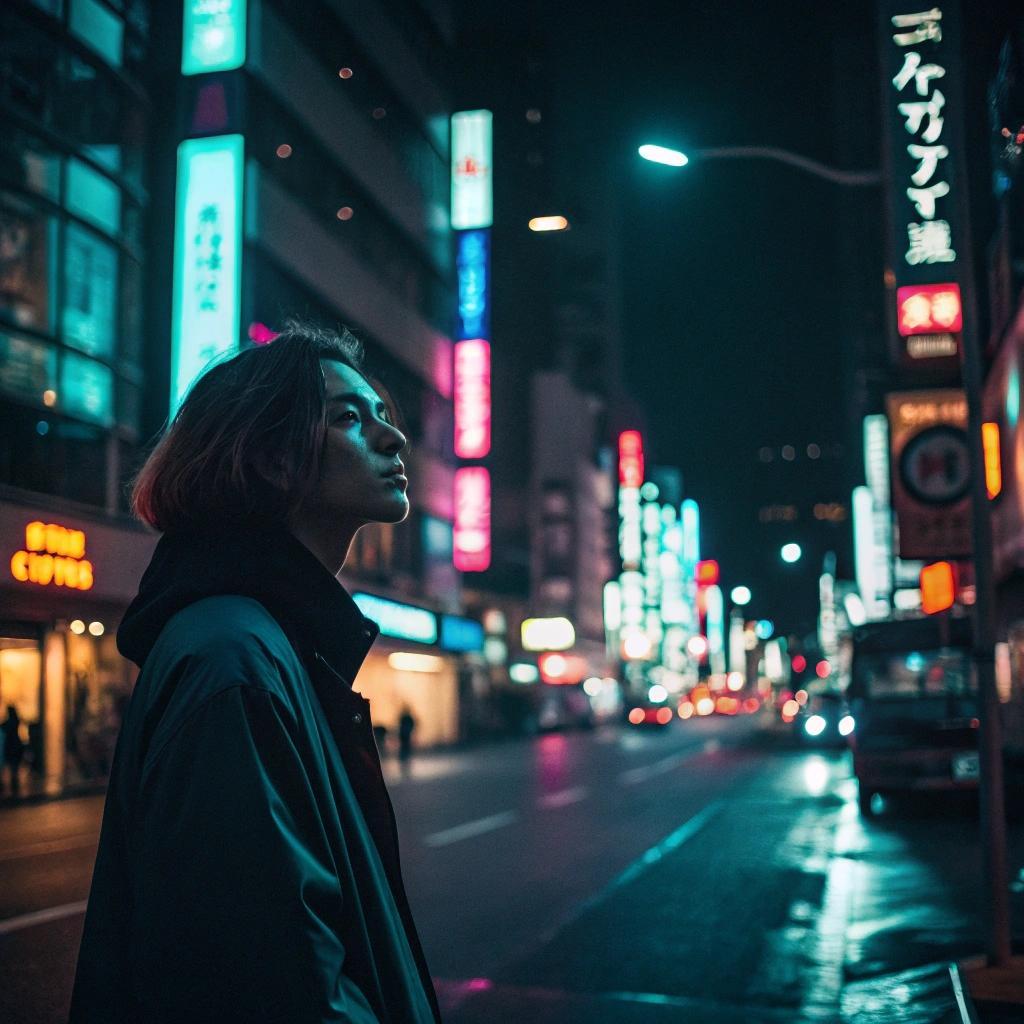
Whether on social media, scrolling through feeds, or browsing magazines, AI images are hard to miss. There was a time when there were tons of free art generators out there, corrupted by recurring glitches and repeated, inconsistent outputs.
But today, a few good art generators have upped their game, and making a realistic, cinematic image is a prompt away. Don’t want to miss out on the fun or plan to incorporate them in your work? Check out these top 10 image generators and see how they compare with each other.
Let’s test out the top ten AI image generators to compare each one and see which works best.
Stable Diffusion by StabilityAI is a favorite for its extensive database. As per the company, the software is trained on millions of image-text pairs to ensure accuracy and realism. With Stable Diffusion, you can also use detailed prompts and media as references for the image generation.
I wanted to check if Stable Diffusion is as accurate as everyone else claims, so I input the following prompt.
“A man walking along the beach shore with both hands in his pockets. The sky in the background is slightly cloudy with vibrant orange hues, meeting the horizon.”
I chose the aspect ratio 9:7, and here is the image. It’s realistic and accurate; however, the colors seem a bit disappointing, and there are no further editing options.

Img: stable-diffusion-ai-image-generator.jpg
With excellent realism in output, Adobe Firefly is a favorite for many digital creators and artists. It features a resourceful customization kit for touch-ups and personalizations. In addition, you are free to collaborate on your work from the cloud-based workspace.
Here is the input with which I tested the Adobe Firefly image generator.
“A vintage convertible driving on a windy coastal road. In the background, you see the sun setting with the ocean waves crashing against a rocky cliff and seagulls in the sky.”
For this, I choose the 16:9 aspect ratio and Photo content type. The image looked like this: by far, the most realistic photo with excellent use of contrasting colors.

After Adobe, putting Sintra.ai in the third position seems justified. Vizzy, its virtual assistant, understands lengthy prompts well and produces highly accurate images. Moreover, it keeps your conversation stored, so you can always chat with it to get the desired outcome.
I wanted to see how it performs in comparison with other image generators, so here is the prompt to test it.
“Create a vast desert landscape with dramatic sunlight that captures the sand dunes' glow. Make the shadows appear longer and exaggerated, and the sky should have warm tones.”
The result is as follows. The contrast and vibrancy of colors is almost perfect, which adds to its realist elements.

Img: sintra-ai-image-generator.jpg
Midjourney is inarguably one of the best image generators with incredible accuracy and control. Its new model V6 can even understand lengthy commands of up to 35 words. Unlike other alternatives, Midjourney has a large 20 million-member Discord community for collaboration.
Midjourney doesn’t let you generate images without a subscription. So, here is an AI image generated by one of its members for the following prompt.
“3D model of an open book with a miniature scene of a city on it. A river flows through the buildings and greenery. There is a palace, a church, and other architectural elements.”
Justifying its worth, the generator produced high-quality, photorealistic results. The attention to detail is also exemplary.

Img: midjourney-ai-image-generator.jpg
Canva is a decent alternative for those just getting started on AI image generators. The UI is simple with easily accessible controls. Apart from images, you can also use the Canva Magic Media to produce stickers and icons.
To see how the Canva AI generator performs the action, I tested this input,
“A city skyline with tall skyscrapers bathed in a warm glow from the setting sun.”
I picked the style Picture, and here is the result. Despite being an entry-level generator, it produced high-quality, realistic images. I was surprised by how it picks up the hints from the prompt.

Img: canva-ai-image-generator.jpg
Leonard AI is another image generator designed for those who want their software to handle most tasks. It features various art styles, negative prompt options, and even a prompt enhancer for maximum accuracy. Plus, it also lets you use an existing image for a reference.
To test Leonardo’s AI image generator, I used the following prompt.
“A blue magical fairy tale land with a haunted castle between trees and worn-out flowers.”
For advanced settings, I choose the 16:9 aspect ratio, 3D Render style, and enable prompt enhancement. Here is the result. Unlike the competitors, Leonard adds an airbrushed texture to the result, which might seem a bit unrealistic for some scenarios.

Img: leonardo-ai-image-generator.jpg
Craiyon is an open-source image generator in this list with an easy-to-navigate interface. Despite being free, it has a resourceful toolkit featuring various image styles, color schemes, and lighting options. However, the annoying pop-up ads might interrupt your experience.
To check out the Craiyon generation potential, here is the prompt I selected.
“A scenic mountain lake located between the snow-covered peaks, a wooden cabin, and a rowboat.”
For this image, I selected the V4Drawing style and 4:3 aspect ratio. To my surprise, the difference between the free and pro-generated images is stark. While the realist elements in the pro version seem apparent, you won’t get even similar results with the free prompt.

Img: craiyon-ai-image-generator.jpg
Imagine Art is the hidden gem that not many know about. The software features multiple generator models, such as Flux, Flux Dev, and Imagen 3, so you can experiment with hyper-realistic, animated, and utopian results. Moreover, you can always choose a color palette and visual structure to further guide the model for better accuracy.
Following is the prompt I used to test the Imagine Art image generator.
“A dense forest landscape at dusk with fading sunlight filtering through the trees. The atmosphere should be light with two subjects enjoying the serene location.”
Here is the final image, and it is just what the prompt demands. The software can create four images, so you can choose one that suits you best.

Img: imagine-art-ai-image-generator.jpg
Recraft is one of the few impressive AI diagram generators on the list. It can generate various artworks and logos. But what truly makes it unique is your control over the styles, color scheme, and prompt intricacies.
I tested the Recraft’s AI image generator using the following prompt,
“An urban landscape at night with dimly lit streets, neon signs, and a subject. The subject should be softly lit with a sharp focus on their face.”
Here is what the image looked like. It’s hyper-realistic, true to the description, and gives you an air-brushed texture.

Img: recraft-ai-image-generator.jpg
If you're new to AI tools, consider Fotor. It has a simplistic interface with one-click editing options. You will also find various categories within this text-to-image generator, including an AI avatar, AI headshot, and face swap.
To test the efficiency of this image generator, I used the following prompt.
“A busy street with sharply contrasting colors, with modern buildings against a clear sky.”
For this, I chose the style Photography and aspect ratio 16:9, and here is the outcome. The generated image gives you both realism and accuracy. The dullness of colors against the gloomy sky creates a stark contrast, which immediately feels pleasant to the eye.

Img: fotor-ai-image-generator.jpg
Today, art generators have simplified producing content with minimal effort. At some point, you would’ve also thought about testing them out and creating an image. If yes, it’s good to know some better options out there. For me, Sintra.ai and Fotor make the deal. Their cinematic, photorealistic results, not to mention a straightforward interface, give them an edge over competitors.
















From breaking news to thought-provoking opinion pieces, our newsletter keeps you informed and engaged with what matters most. Subscribe today and join our community of readers staying ahead of the curve.

